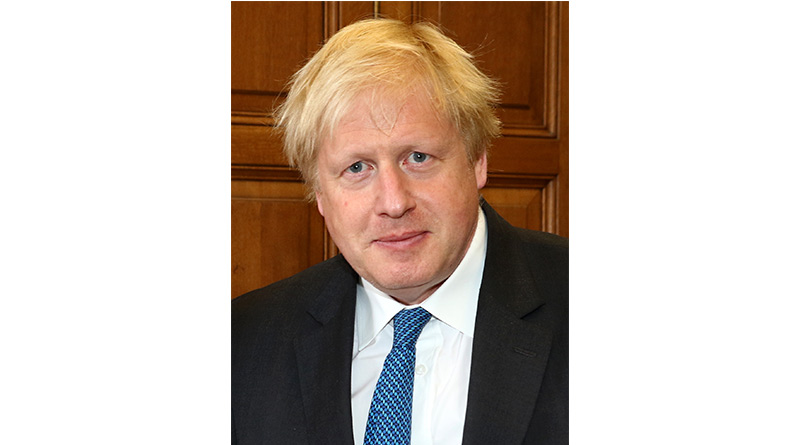Additional £5.4 Billion For NHS Covid Response Over Next Six Months
The NHS will receive an extra £5.4 billion over the next six months to support its response to COVID-19 and help tackle waiting lists, the Prime Minister and Health and Social Care Secretary Sajid Javid have announced today.
The funding will immediately go towards supporting the NHS to manage the immediate pressures of the pandemic. This includes an extra £1 billion to help tackle the COVID-19 backlog, £2.8 billion to cover related costs such as enhanced infection control measures to keep staff and patients safe from the virus and £478 million to continue the hospital discharge programme, freeing up beds.
The additional £5.4 billion brings the government’s total investment to health services for COVID-19 so far this year to over £34 billion, with £2 billion in total for the NHS to tackle the elective backlog.
Prime Minister Boris Johnson said:
“The NHS was there for us during the pandemic – but treating Covid patients has created huge backlogs.
“This funding will go straight to the frontline, to provide more patients with the treatments they need but aren’t getting quickly enough.
“We will continue to make sure our NHS has what it needs to bust the Covid backlogs and help the health service build back better from the worst pandemic in a century.”
The government has been clear that the NHS will get what it needs to recover its usual services and deliver quality care to patients.
The waiting list for routine operations and treatments such as hip replacements and eye cataract surgery could potentially increase to as high as 13 million. While today’s extra £1 billion funding will go some way to help reduce this number, waiting lists will rise before they improve as more people who didn’t seek care over the pandemic come forward.
£478 million of this new funding has been dedicated to continue the hospital discharge programme so staff can ensure patients leave hospital as quickly and as safely as possible, with the right community or at-home support. This will free up thousands of extra beds and staff time to help the NHS recover services. The government has also invested £500 million in capital funding for extra theatre capacity and productivity-boosting technology, to increase the number of surgeries able to take place.
This funding is for England only. The devolved administrations will receive up to £1 billion in Barnett consequentials in 2021-22. The final amount will be confirmed and allocated at Supplementary Estimates 2021-22.
Commenting on the announcement Matthew Taylor, chief executive of the NHS Confederation and Saffron Cordery, deputy chief executive of NHS Providers said: “The NHS has been desperately seeking clarity on its budget for the second half of the year and the government has now delivered that certainty with this £5.4 billion announcement. The NHS can now get on with the huge task it has ahead of we anticipate will be one of the most challenging winters the service has ever faced. The task for the government now is to follow up in its spending review with the extra £10 billion a year the NHS will need over the next three years to avoid patient services from being cut.
“In return, the NHS will do what it needs to do to manage the ongoing threat from Covid-19 and make inroads into the huge backlog of care that has built up. This funding clarity comes late in the year but it means hospital, ambulance, mental health, community and primary care services can finally plan their services knowing the budget they have available. But while this funding is welcome, the NHS will be held back by major staff shortages that will make it much harder to clear the backlog. This isn’t a short-term fix – we are looking at five to seven years to clear the backlog.
“As well as the NHS playing its part, we also need the public to continue to follow the Covid guidance around mask wearing and social distancing, as well as only using services like A&E when necessary. There has been a lot of negativity towards online consultations from parts of the media, but these are proving to be effective when they are deemed appropriate for individual patients. Contrary to reports, GP practices have remained open throughout the pandemic and will continue to provide face-to-face assessments when needed. But given Covid infection rates remain high, and with schools now open and workers returning to offices, we must be able to run services safely in order to avoid GP practices being closed due to outbreaks of Covid.
“The coming winter is going to be incredibly tough, but have a chance of getting through this if the government, NHS and public continue to work together to manage the ongoing threat from Covid while starting to make inroads into the backlog of care.”






